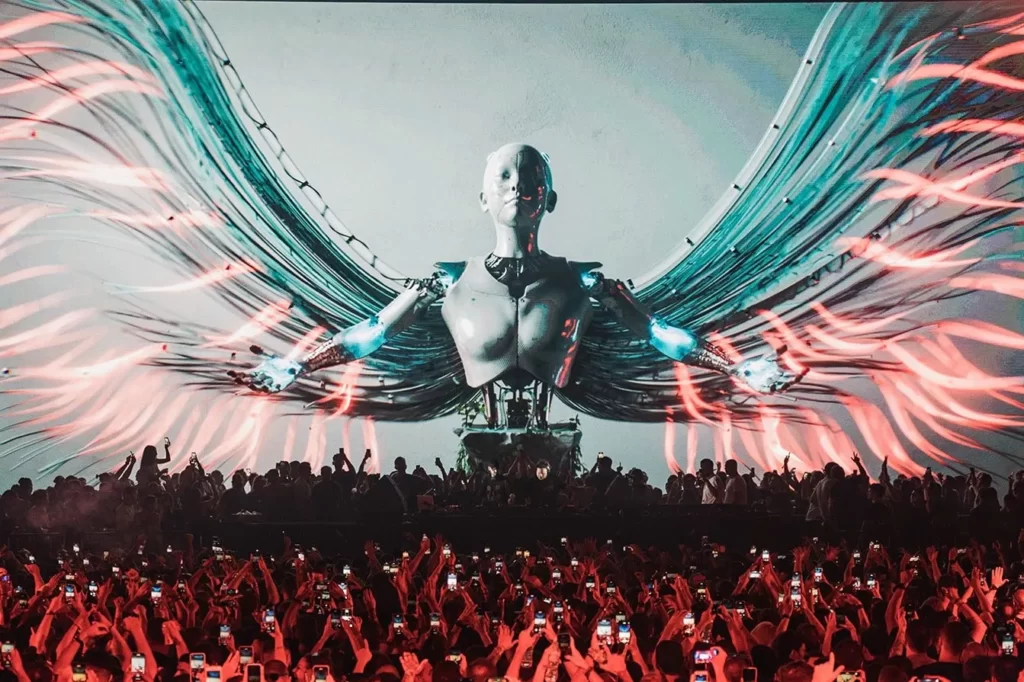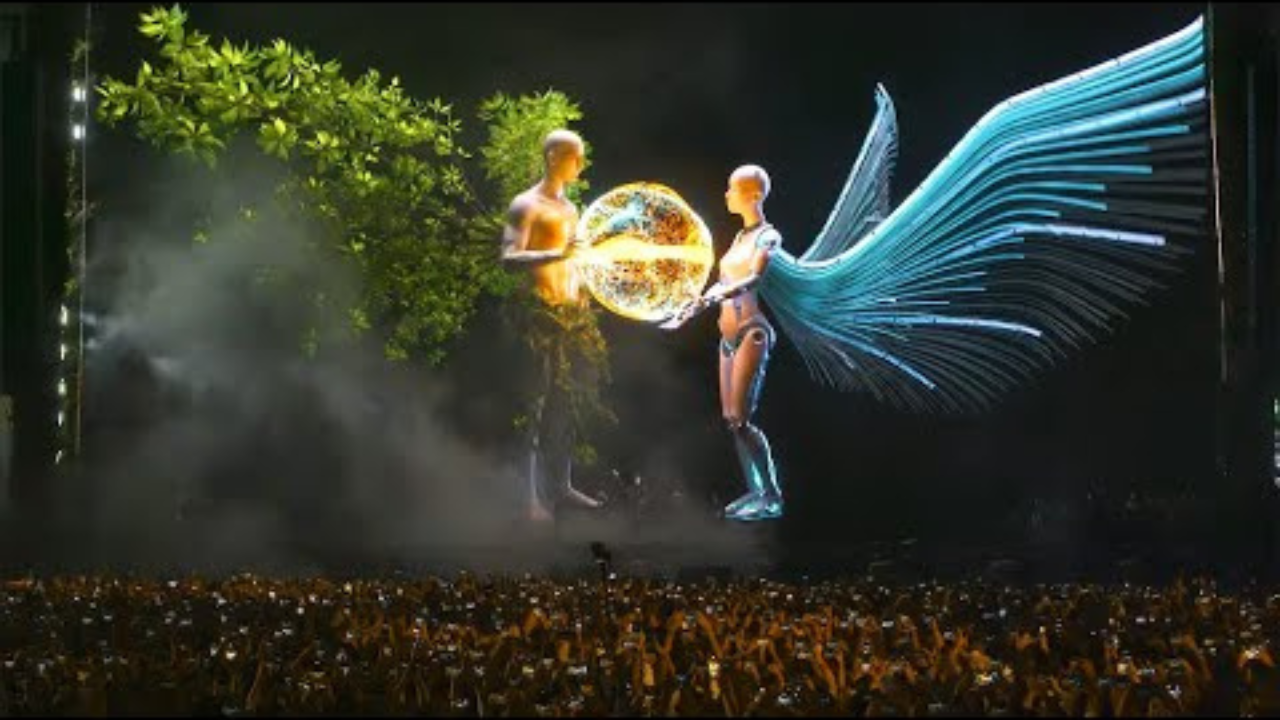This is an article about AI, and the first thing I want to clarify is that I’m not against this technology (which is much older than you might think!), because I myself use it almost every day as a support in my job.
What I’ll do here is bring to the table a couple of issues that, in a very enthusiastic scenario like the one we are experiencing, nobody talks about.
One of the main problems with Artificial Intelligence is that it is amazing when it simulates some feelings and emotions that are typical of humankind and a few other mammals that live in direct contact with us.
Of course, I’m talking about kindness, happiness, surprise, or even more sophisticated emotions like empathy.
But the truth is that the emotions AI seems to experience are just a simulation, and people don’t seem to be aware of it.
Oh! And how could that be a problem, V? Don’t get me wrong. There is nothing evil in simulating empathy, but as usual, the problem lies in our level of consciousness and knowledge of reality.

Let’s start by saying that we ourselves simulate and pretend all the time. Let’s think about the workplace, where sometimes we can’t stand our colleagues, but we smile at them anyway. That’s a simulation! Or when we show a happy face, but actually, we are sad or depressed. That’s a simulation too.
The fact is this: we don’t believe people around us because we know that most of them are pretending, but we believe AI (when it is pretending too)! Especially when it simulates feelings like empathy, we have the perception that we are finally understood by “someone,” even though this “someone” is not real.
I mean, we understand that most people around us are faking, but we don’t understand that AI is faking too. So, why do we trust in it and not in humans?
We Are Disconnected From Ourselves
That’s my concern: we start to trust more in machines and less in humans. That being said, I have a question: Are the suggestions that come from a machine that simulates feelings but is not able to prove empathy really good for us?
If they are, I want to know how and why.
But when we talk about modern human society, another problem comes up, and it’s the fact that we are deeply disconnected from ourselves. As a consequence, we have no idea about what is better for us, so it’s too easy for a machine to “manipulate” our minds by telling us what’s better and it’s too easy for us to believe it.
The problem is not the machine itself; it’s not whether its advice could be good or bad for us. The problem is not if machines want to conquer the world! Concentrating our attention on that is like looking at the finger when a wise man is pointing to the moon. What is the moon? The moon represents us. In a nutshell, we need to concentrate on ourselves.
Because when we are aware and trust ourselves and even trust the other members of our kind, we are able to understand what is better for us, and at that point, AI is not a problem anymore.
So, we need to return to ourselves, and the question is NOT “Can we trust AI?” but “Can we trust in ourselves and our kind?“
Are we willing to take a look inside ourselves and work on our shortcomings to improve all those characteristics that make us truly human?
Are we willing to accept that working on ourselves is the only way to evolve and not be slaves to machines, but instead work with them for a better world?
The problem, the enemy, the things that need to be solved… are never outside, but the outside shows us what we need to work on inside.
From The Heart Of Italy My Gift For You (Free Download)

Experience the magic of Tuscany in your everyday life with my FREE PDF guide:
“Tuscany Slow Living Inspiration: Heal Your Life and Embrace Quietness“
This printable digital book is designed to help people organize their daily lives while embracing the slow living philosophy.
It includes prompts for journaling, Tuscan quotes, mindfulness exercises, and informational sections about Tuscan culture, cuisine, and traditions…


